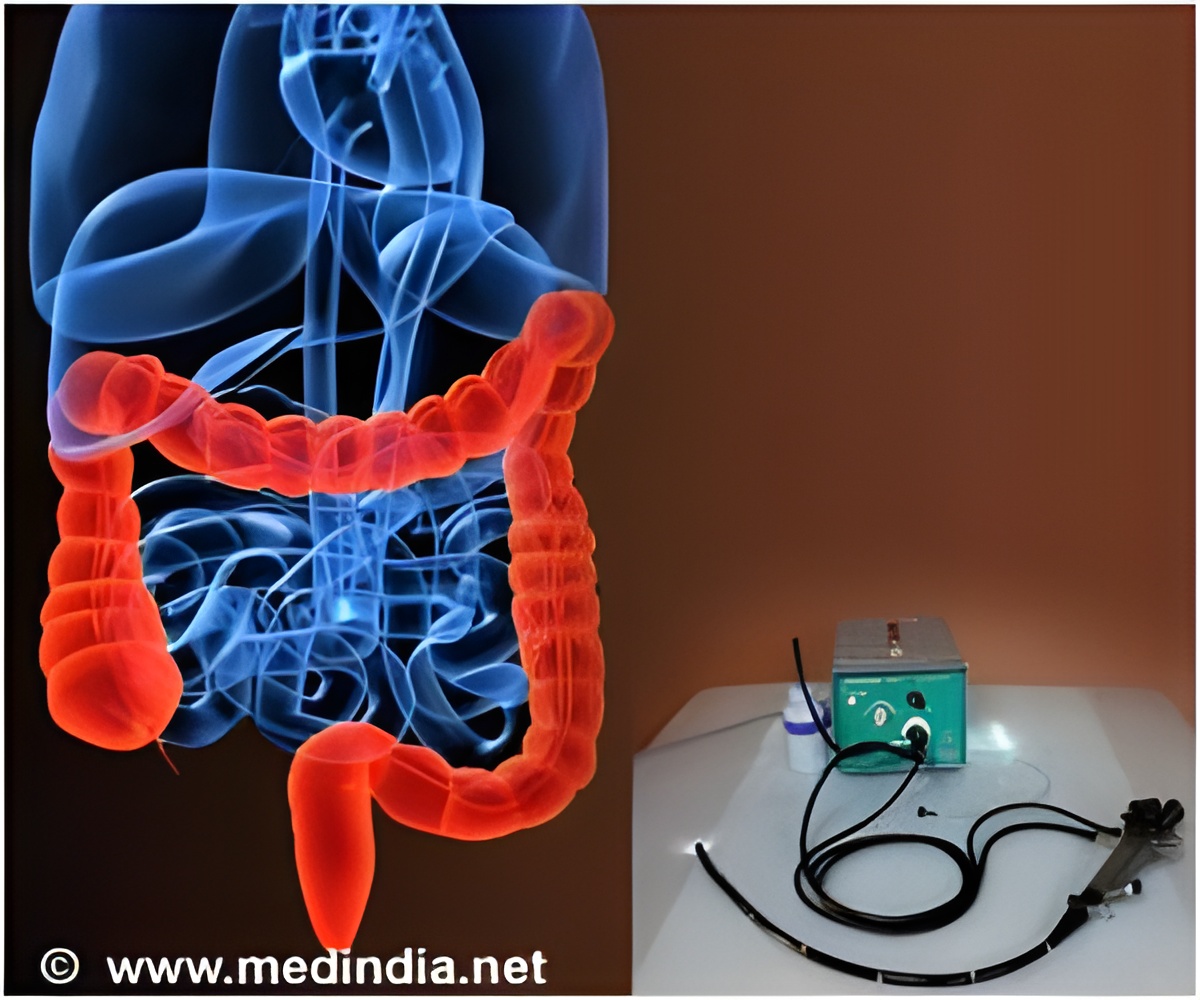
Researchers conducted a prospective randomized trial to compare the efficacy of repeated FITs and colonoscopy in detecting advanced tumors in family members of patients with colorectal cancer. The study included 1,918 first-degree relatives of patients with colorectal cancer, who were randomly split into two groups to receive either a single colonoscopy examination or three FITs — one a year for three years.
Repeated FIT screening detected all colorectal cancers and 61 percent of advanced adenomas, thus proving equivalent to one-time colonoscopy screening in terms of diagnostic yield and tumor staging. However, colonoscopy was superior to the FIT strategy for the detection of non-advanced adenomas.
"There is evidence showing underutilization of colonoscopy at the recommended intervals among asymptomatic first-degree relatives of patients. FIT could potentially offer a less invasive option for these patients," added the authors.
The usefulness of FIT screening as an alternative to colonoscopy in the familial risk population will ultimately depend on the capacity of FIT to improve screening uptake.
First-degree relatives of patients with colorectal cancer are at high risk of developing colorectal cancer. Current practice guidelines recommend that subjects with familial colorectal cancer be subject to more intensive screening strategies than the average-risk population. For individuals with first-degree relatives with colorectal cancer, the current guideline recommends colonoscopy every five years, starting at the age of 40 or ten years before the youngest case in the immediate family.
Advertisement
Advertisement












